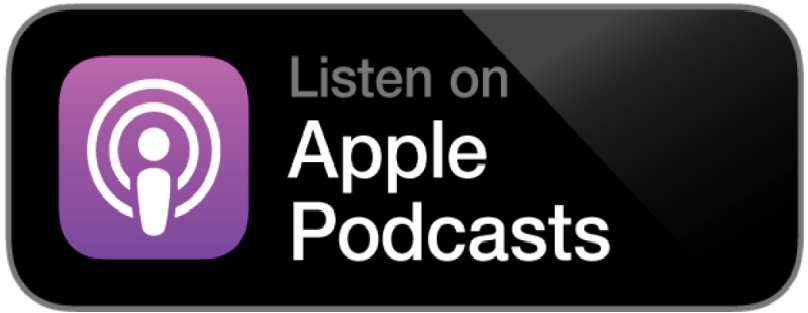Judaism Unbound Episode 418: Prophetic Judaism – Nate DeGroot
Nate DeGroot is a Jewish experiential educator and activist, and currently serves as the Associate Director for The Shalom Center. He joins Dan Libenson and Lex Rofeberg for a conversation about Judaism as a prompt for making the world a better place.
It’s not too late to register for our full-semester spring courses in the UnYeshiva! We’ve got Biblical animals, Jewish apocrypha, mythic approaches to climate change, and beyond! Visit JudaismUnbound.com/classes to learn more and register.
[1] DeGroot has recently stepped up as Associate Director at the Shalom Center, which Dan describes as the oldest of the newer, counter-cultural Jewish organizations (it just celebrated its 40th birthday). We had him on the podcast before it was cool, though. Check out Episode 320: Seders in the Streets – Madeline Canfield, Nate DeGroot.
[2] DeGroot speaks about Arthur Waskow, the Shalom Center’s founder (who we’ve been lucky enough to have on our podcast not once, but twice! See Episode 166: The Freedom Seder and Bonus Episode: Confronting Carbon Pharoahs) and tells the story of how he created the original 1969 Freedom Seder.
[3] DeGroot refers to the destruction of the Temple as “what Benay Lappe calls a ‘crash moment.’” Learn more about Lappe’s idea here, or in our episode, Episode 3: Exodus – Benay Lappe.
[4] DeGroot describes the Shalom Center’s new program, the ActiFest, as a means of embodying the Jewish calendar cycle in a way that contributes good to the wellbeing of society. This project is closely related to Arthur Waskow’s best-selling book, Seasons of Our Joy: A Modern Guide to the Jewish Holidays.
[5] DeGroot quotes Dr. Martin Luther King Jr.’s statement that we all live in a “world-house.” This is from the final essay, titled “World House,” in his 1967 collection, Where Do We Go From Here: Chaos or Community?
[6] Dan refers to the Talmudic story of the primordial Hanukkah, in which Adam celebrates Hanukkah after learning that the shortening of days wasn’t an indication that the world was coming to an end. See Avodah Zarah 8a:7-8.
[7] DeGroot talks about the haftarah (a section from Prophets that accompanies each Torah reading) for Yom Kippur, Isaiah 58.
[8] While describing his belief in intergenerational collaboration as a tool for wisdom and justice, DeGroot cites a verse from Malachi in which the hearts of the youth and the hearts of the elders turn towards one another. See Malachi 3:24.
[9] DeGroot credits thinker Báyò Akómoláfé for the framework of post-activism that DeGroot understands himself to be participating in. Explore the idea of post-activism in a Jewish context via this conversation between DeGroot and Akomolafe published by Ayin Press: An Invitation to Shapeshift: A Talmudo-Poetic Conversation on Post-Activism with Báyò Akómoláfé.
[10] DeGroot references a piece written by Jewish Currents’s Arielle Angel which argues that, as Jews, we must hold ourselves accountable to fight injustice beyond just the mythic Exodus story. See “We Cannot Cross Until We Carry Each Other.”





